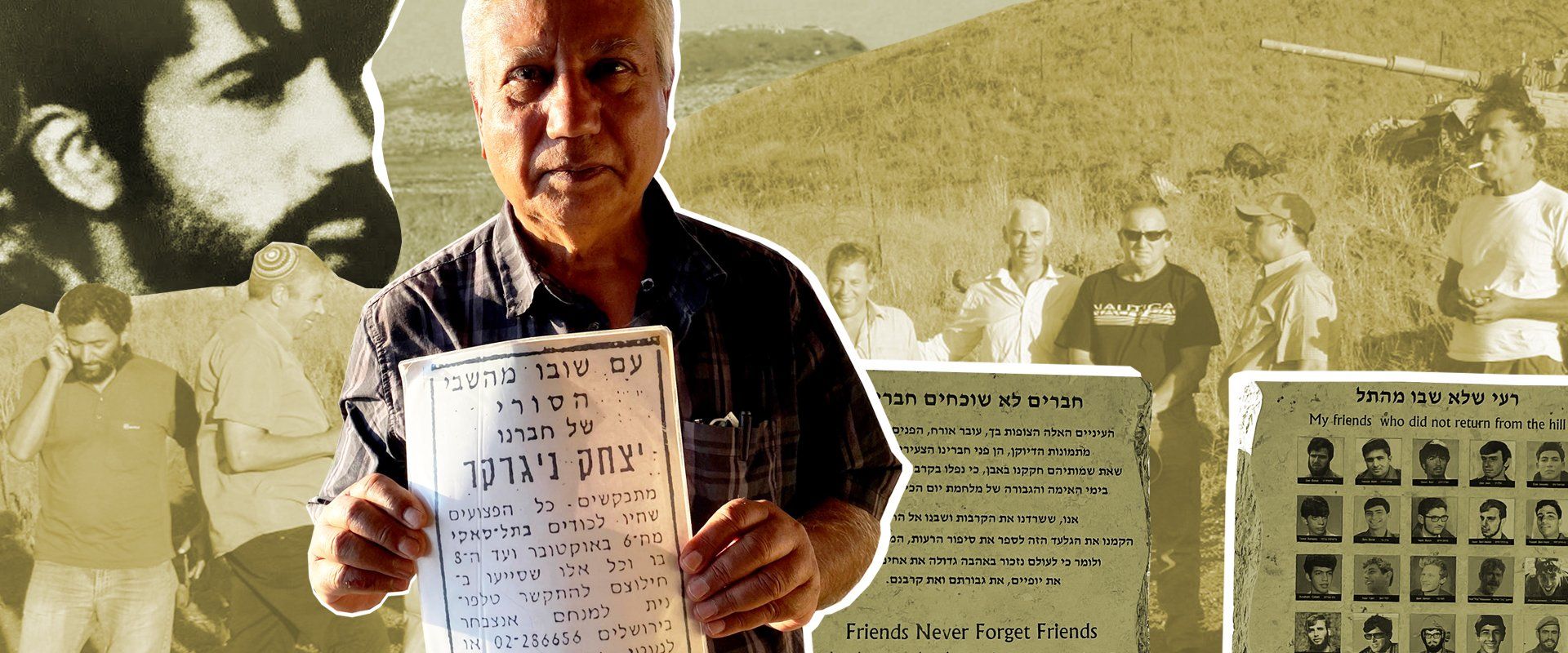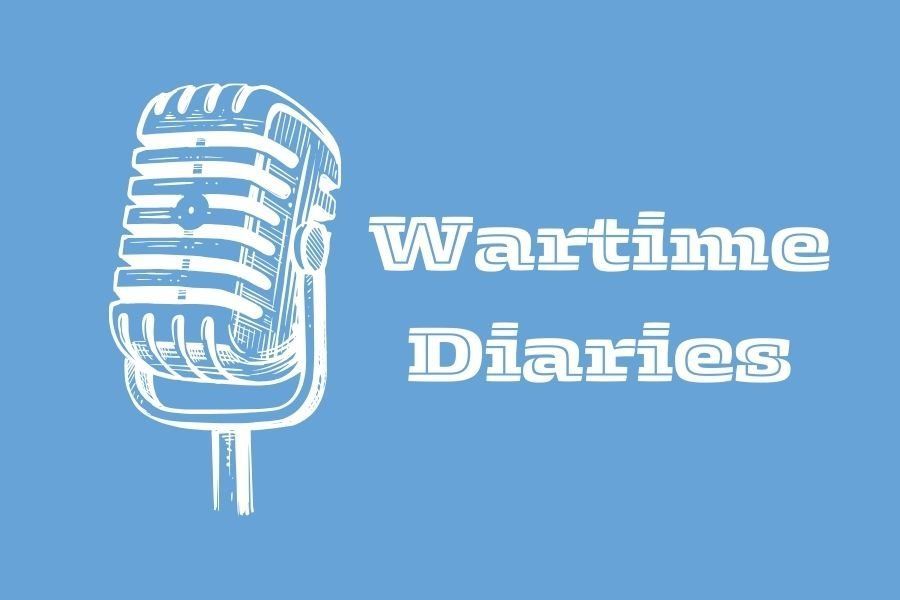Tell Saki – Part II
- 53:37
- 2021

In the late morning of October 8, 1973, the prolonged hell of the remaining soldiers at Tell Saki came to an end. Or so they thought. They had entered the war with youthful delusions of glory, and – alongside other IDF forces fighting on the Golan Heights – managed to stave off Syrian attacks in the early days of the war. In so doing, they prevented a devastating invasion into the heart of Israel, and bought the heads of the army precious time to mount a counter-attack. But this came at a heavy price. At least thirty-two soldiers were killed on the tell, or else trying to reach it. But those who managed to come home returned to a different country – one in mourning and in a collective state of depression. Few stopped to acknowledge what these young men – in their late teens and early twenties – had gone through, or to thank them for their sacrifice. For years, many of these returning soldiers went around with a deep-seated sense of shame, regret and pain.
Act I: Tell Saki - Part II
Some 2500 Israeli soldiers were killed during the war. But ultimately the Israeli counter-offensive was successful and by the final day of fighting, IDF troops had reached the outskirts of Damascus and were less than sixty miles from Cairo. Many historians regard the Yom Kippur War as Israel’s most impressive military achievement. But in the court of public opinion, Israel had lost.
While our previous episode told the story of the battle itself, this time Yochai Maital brings us the kind of war story we rarely hear – that which begins once the fighting ends.
Credits
Yochai Maital produced, scored and sound-designed the episode. Mishy Harman edited it. Sela Waisblum created the mix. Thanks to our dubbers – Shlomo Maital, Boaz Dekel, Suri Krieger, Shai Avivi and Dror Keren. Thanks also to the Friendship and Heritage Foundation – an NGO set up by the survivors of Tell Saki to commemorate their fallen friends – and to Dan Almagor, Daniel Jankovich, Shai Satran and Sharon Rapaport. Some of the primary written sources for our Tell Saki project include Hallie Lerman’s Crying for Imma, Menachem Ansbacher’s memoir, Rsis MiMagash HaKesef, and Robby Rijkmans’ book of published correspondence between the Tell Saki survivors – ‘Knights without Armor.’
Much of the music in the episode is by cellist Leat Sabbah, with additional music by Doug Maxwell and Yochai Maital. The end song is Nifgashnu Shuv (“We Met Again”) is sung by Dudu Zakai, music and lyrics by Shaike Paikov.

 Wartime Diaries
Wartime Diaries

